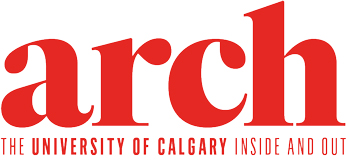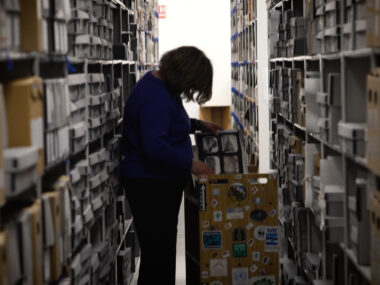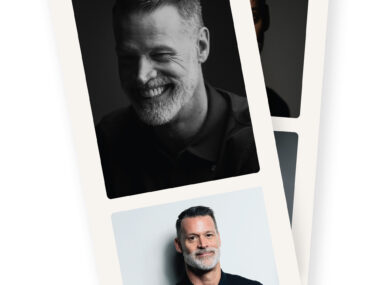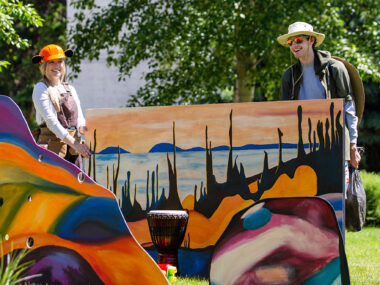
Heather Culbert and her husband, Michael, are long-time donors to UCalgary, devoted to elevating cancer research that will make a difference via early detection and improved precision treatment. Culbert’s interest is, indeed, personal: though she lost her mom to cancer, she herself is a cancer survivor with a message of hope as the new Calgary Cancer Centre finally comes into view.
What’s your personal experience with cancer?
My mother, Connie Cooper, who was a nurse, passed away from cancer in 2013. She developed breast cancer three times, and colon and liver cancer. In 2009, just before my mother got her third breast cancer diagnosis, I found out I had breast cancer, too. The timing of my diagnosis was wild: at the time, I was not only taking my mom to her appointments for breast cancer treatment, but I had just recently been named honorary chair for the Weekend to End Women’s Cancers in Calgary.
How did you feel when you got your diagnosis? What did you do?
Given my mom’s history with breast cancer, I can’t say I was really surprised. I was fortunate to be diagnosed very early on: I’d gone in for my annual mammogram and they saw a shadowy spot. I was offered different options and took the more radical route — I decided to have a mastectomy right away instead of a lumpectomy where you’re not sure whether they ever got it all. I’m clear now. And I’m clearly a big believer in getting an annual mammogram. Even if there’s no family history — cancer can happen to anyone.
You’re also a big believer in the impact of cancer research — where do you want to make a difference?
Early detection and precision oncology. My support is largely focused on breast cancer. My husband, Michael, and I have given to help advance research at the University of Calgary led by Dr. Tina Rinker. She and her team have developed a blood test for rapid testing and diagnosis of breast cancer. It can help cancer be detected much faster and find it in places where imaging techniques wouldn’t detect it as quickly. And we’ve given to help the university purchase equipment to advance genetic profiling for precision oncology — that’s how doctors can develop customized treatments for patients to target an individual’s tumour.
What was it about your mom’s cancer experience that moved you to support cancer research?
I was my mom’s advocate as she went through the system, which is fragmented. There has been no central place for cancer testing, treatment, and care, and we had to go all over the city for all the various appointments, which made things challenging and confusing sometimes. I wanted to help change that. I feel like that’s my calling, it’s why I give to the university — to keep making the experience better for others by improving how cancer is diagnosed and treated. It’s why I’ve supported cancer research and why I am now advocating to help get the Calgary Cancer Centre underway — it’s an incredible project and it will change the future of cancer research and care.
To you, what’s the most exciting or transformative aspect of the new centre?
That everything patients need throughout the course of their cancer journey Is all in one place. I’m also excited about the thoughtful spaces designed for people with cancer to recover and spend time with their families. It’s an incredible opportunity for improved patient care and earlier diagnostics, and Calgary has the capacity and ability to improve the experience. When the Centre opens in 2023, this city be home to a world-class cancer hospital with a comprehensive approach that allows researchers, clinicians, patient-care specialists, and diagnosticians to work together in one place. I would love for people to feel a sense of calm and hopefulness when they walk into this place.



